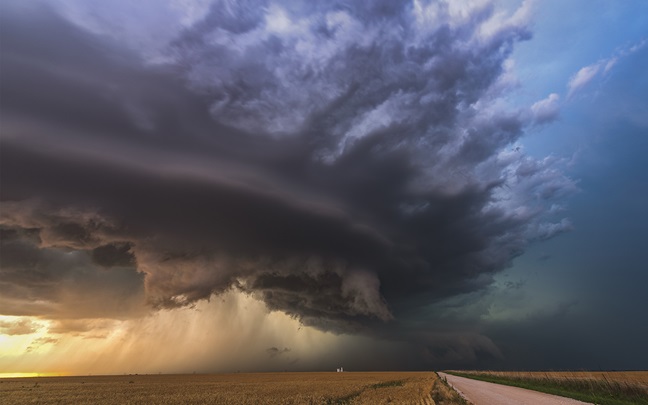Understanding geopolitical risks in today's global landscape
Geopolitical events have become a dominant force in shaping the global landscape.
Several ongoing conflicts such as the Russia-Ukraine war and Israel's war with Hamas illustrate how regional conflicts can have far-reaching effects on international political stability, markets and supply chains.
Geopolitical risks are notoriously difficult to predict; conflicts can often arise with little warning. We're constantly monitoring the complexities of geopolitical risks, highlighting the interconnectedness of global events and their potential implications for your organization.
Case studies in geopolitical risk
The conflicts in Ukraine and the Middle East have escalated into significant geopolitical crises with implications felt globally, far beyond their geographies.
Both wars have led to tragic loss of life and displacement. They have also caused substantial disruptions in global supply chains and financial markets.
The Ukraine crisis has led to supply chain issues caused by the lack of agricultural goods and manufactured items from the region. The war has also complicated air travel in the area.
Meanwhile, the Israel-Hamas war has led to unforeseen consequences beyond the fighting. For example, Houthi terrorists in Yemen have curtailed shipping in the Red Sea in support of Hamas, impacting shipping and disrupting supply chains.
These crises have also increased the risk of cyberattacks and financial market volatility, prompting organizations to reassess their cybersecurity measures and financial strategies.
Understanding the multifaceted nature of these conflicts and future conflicts is crucial for businesses to mitigate geopolitical risk.










